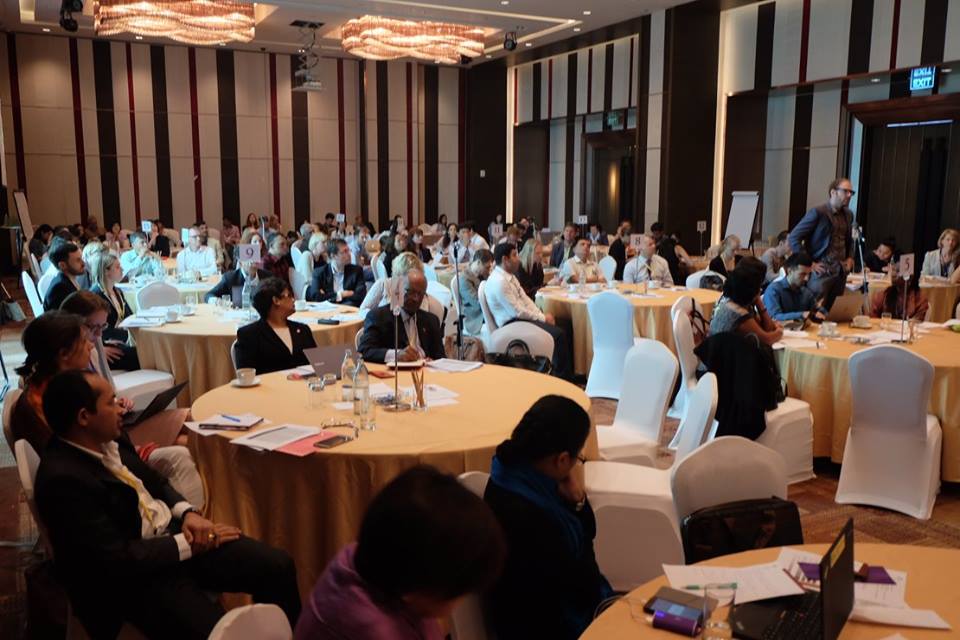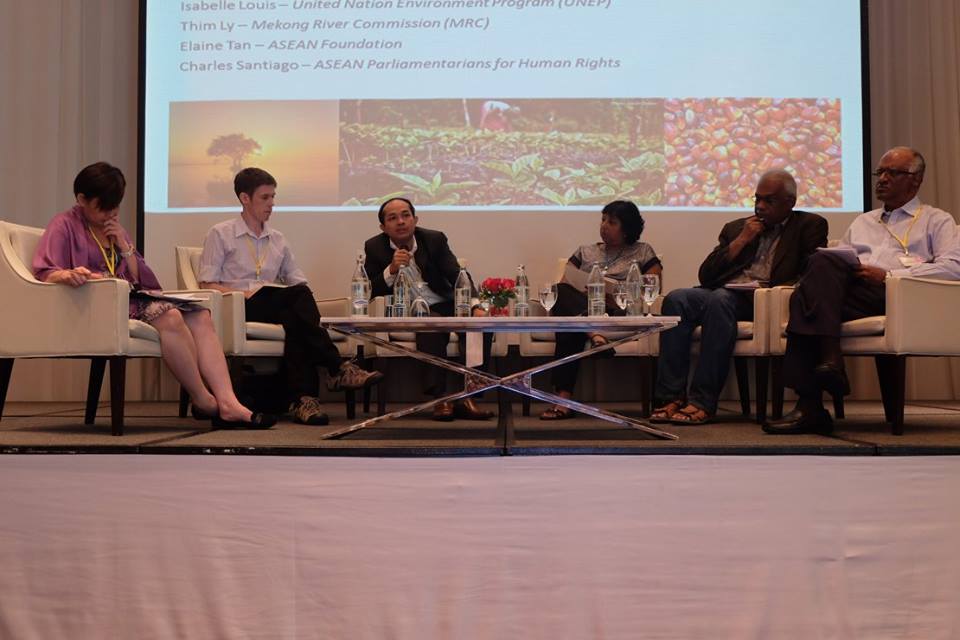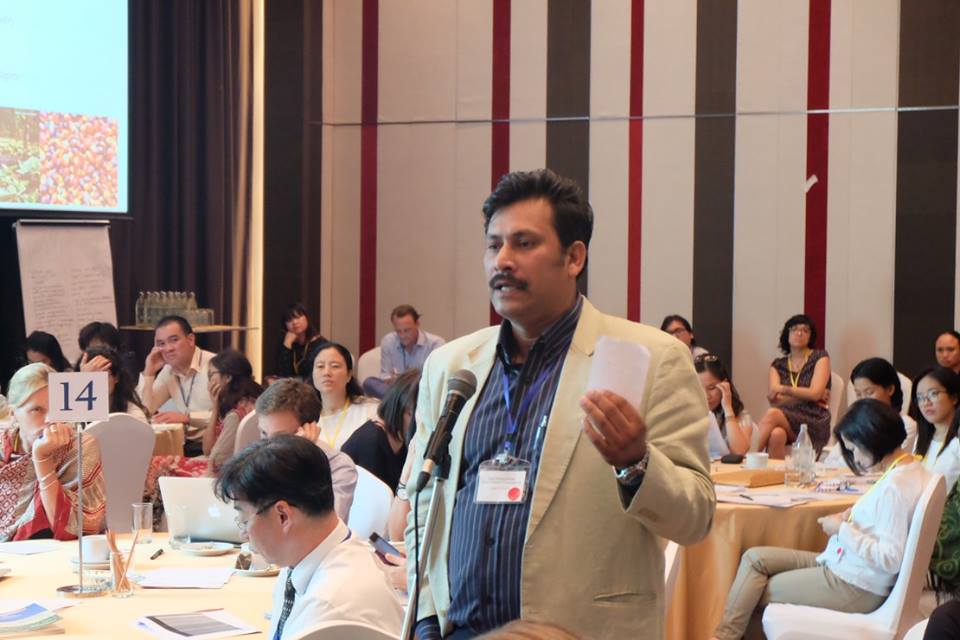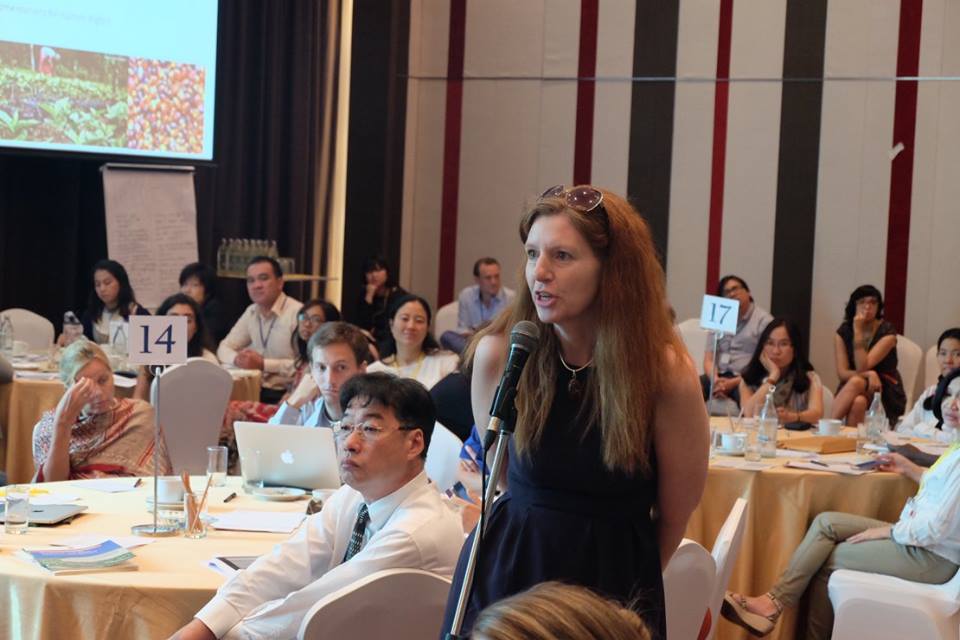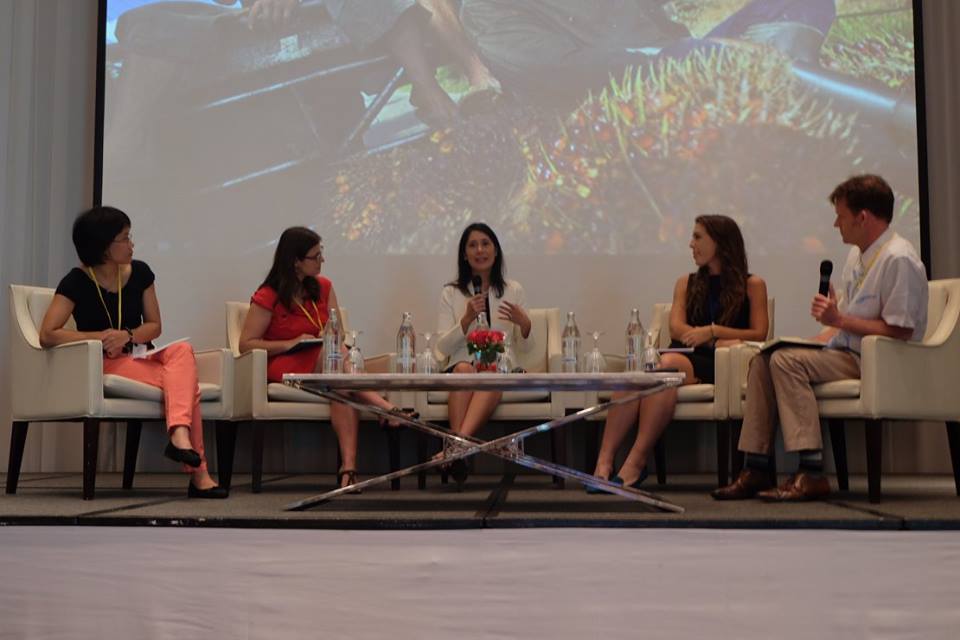
The economy in Asia-Pacific has been booming the last decades. But it comes at a price. As the economy has been growing the environment has been suffering. Asia-Pacific is responsible for over half of the global greenhouse gas emissions. In the past five years, the region permanently lost approximately 27,000 square meters of primary forest every day.
Embassy of Sweden in Bangkok held a regional workshop focusing on the threat of climate changes in the Asia-Pacific region and the challenges it causes for human rights and gender equality or as the workshop was named: “Urgency in Action! – Understanding Human Behavior and Ensuring Human Rights and Gender Equality in the Response to Climate Change”.
The workshop took place over two days and was attended by more than 150 participants coming from civil society, UN organizations, ASEAN, Private sector, Academic and Research institutions, Donors and Governments.
It was hosted in Eastin Grand Hotel Sathorn in central Bangkok 10-11th of May. Over 30 speakers were invited to talk about climate change, human rights and gender equality. Why is it important, ScandAsia asked Staffan Herrström, Swedish Ambassador to Thailand.
“The consequences are increasingly visible around the world. For instance, in Asia-Pacific, a number of islands are disappearing and sinking into the ocean, caused by rising sea levels. As a consequence, people are exposed to increased disasters and are losing their right to land and livelihood. They are forced to move elsewhere. The droughts in Thailand and India are another example causing a lot of negative effects on human lives and the environment”, he answered.
How is climate change, human rights and gender equality linked?
“Women and children are often more exposed to climate change because of social norms and cultural patterns and they are therefore affected more severely in terms of deaths, injuries etc. Women are surprisingly often not represented in decision making and policy development in general but also in relation to climate change.
Lack of attention to gender inequality and negative gender norms increases the risks for detrimental effects on women and vulnerable groups when the consequences of climate change take place.”
And human rights?
“States are responsible to respect, protect and fulfill human rights. Climate change brings in negative and unequal consequences that threaten many people’s possibilities to enjoy a large number of human rights: e.g. life, health, food, water and sanitation, housing, self-determination, Indigenous Peoples rights, children’s rights, women’s rights, elderly, persons with disabilities.”
What means should be taken to get the climate change on the right track?
“Civil society is necessary to reach out and support people on the ground. Engagement of local people, networking and movements for change are fundamental to create incentives to change and to develop local sustainable solutions.”
“Private sector engagement is necessary. Incentives and investments in “good business” contributing to sustainable solutions are needed. Bad business with a negative impact on human rights, environment and climate must be stopped and should be prevented from profitability. Actions to prevent corruption and improve accountability mechanisms are important to increase the pressure on bad business.”
